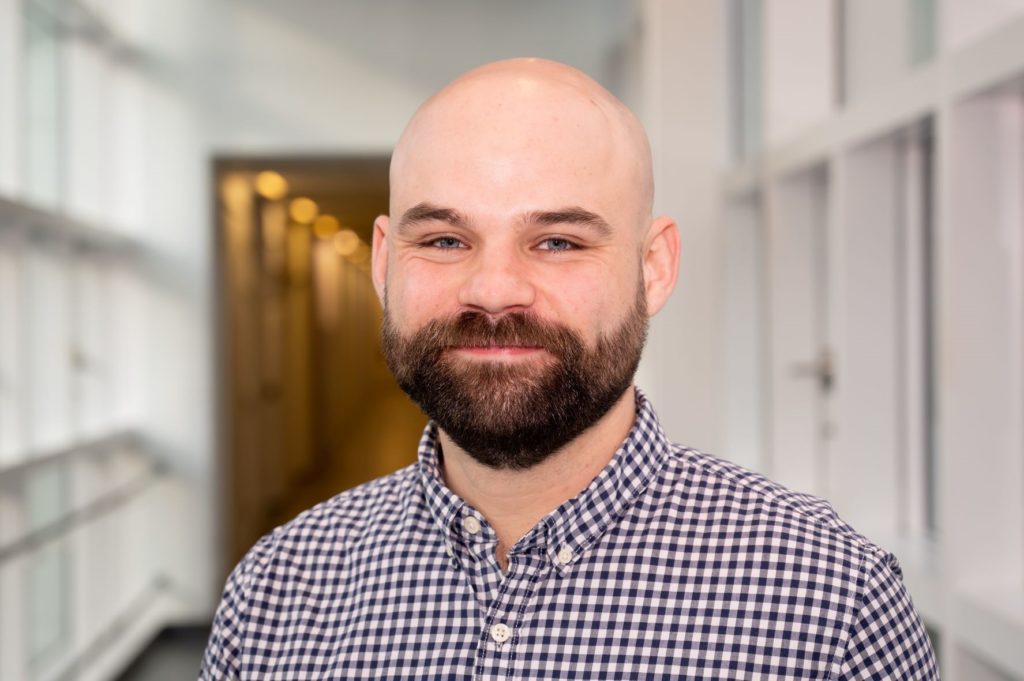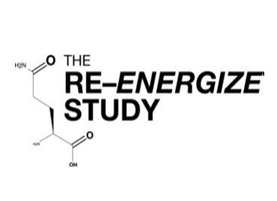
NIHR SRMRC Neurotrauma Fellow Wins Wellcome Trust Research Grant


Traumatic Brain Injury (TBI) is a significant health problem with an incidence of 939 per 100,000 people affected globally each year. This equates to an estimated annual cost of £46 billion. No disease modifying treatment has yet been shown to improve outcomes. Therefore, any new therapeutic approach aimed at reducing nerve cell loss has the potential to significantly improve the functional outcome of people who have suffered from a TBI.
NIHR SRMRC Neurotrauma Research Fellow, Mr Andrew Stevens, has been collaborating with a multidisciplinary team which includes NIHR SRMRC Director, Professor Tony Belli, UHB clinicians and researchers from the University of Birmingham, to win a prestigious award for funding in this emerging field of TBI treatment.
The team will work on developing a system which uses light to monitor and treat injured brain cells in the early stages after trauma. Near-infrared light has been shown in laboratory studies to increase survival of brain cells after injury. This special type of light can also be used to monitor the health of injured brain, and measure the effectiveness of the therapy to ensure the correct dose of light is given, using technology called ‘Raman spectroscopy’.
The project is funded by the Wellcome Trust and will be comprised of two parts:
- Efficacy and safety testing in rats
- Development of the current prototype to develop a product which can deliver the treatment in humans
The Wellcome Translational Development Fund (TDF) provides funding to address early-stage barriers to translation, enabling projects to progress along the translational development pathway to ultimately achieve impact. The TDF is focused on the first step from discovery research towards identification or initial validation of potential clinical, practical or commercial outcomes.
The grant, which amounts to nearly £30,000 over 6 months, was very competitive, so well done to Andrew and the team.
If this proof of concept project is successful then the next steps would be to apply for more funding to test the product in larger animals and eventually to run a full-scale trial in humans. If proven effective, this device could provide treatment to patients with TBI and potentially also spinal cord injury by enhancing nerve cell survival and therefore improving patient recovery.





